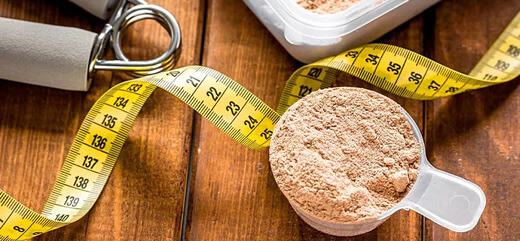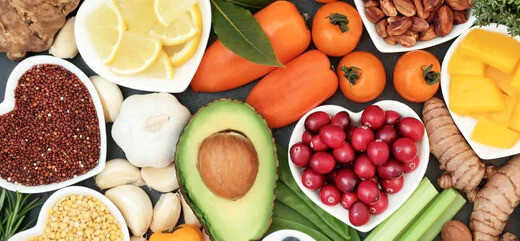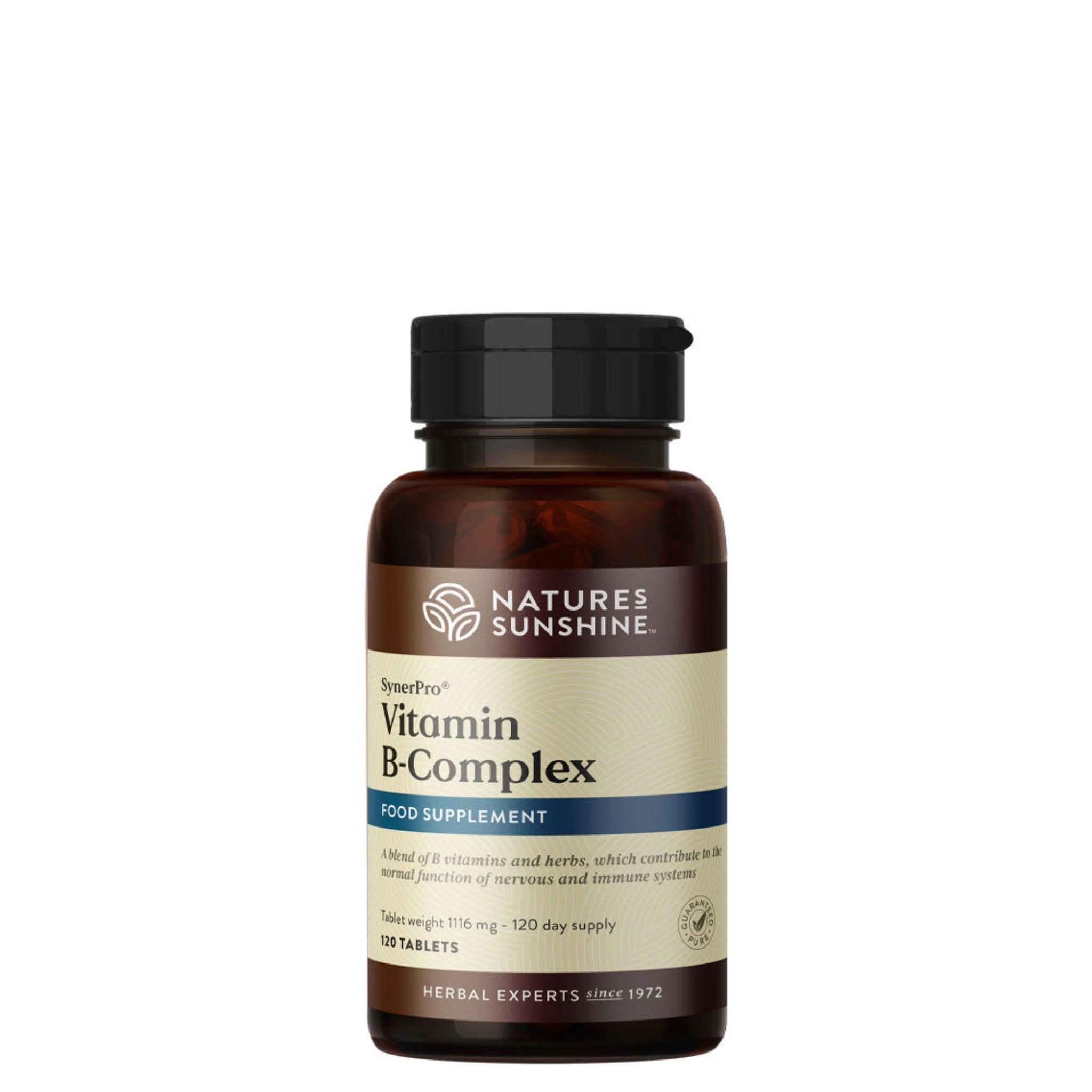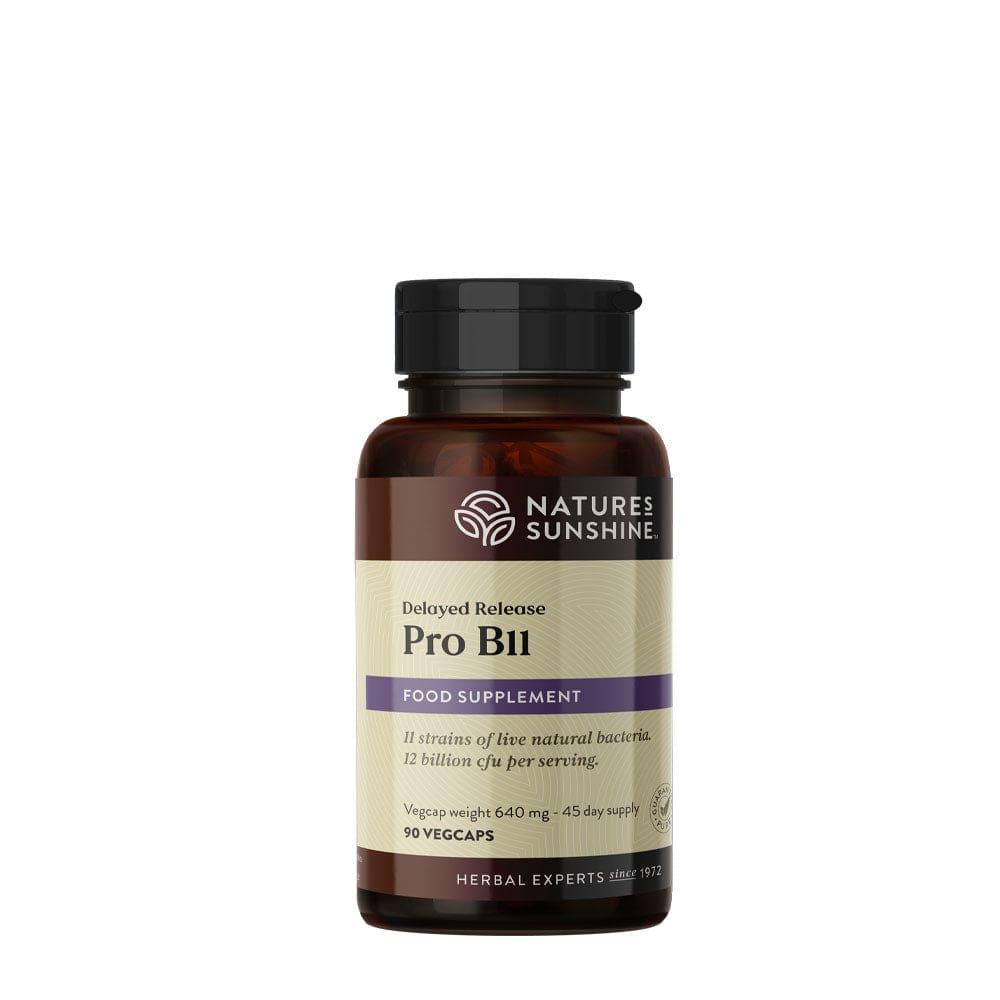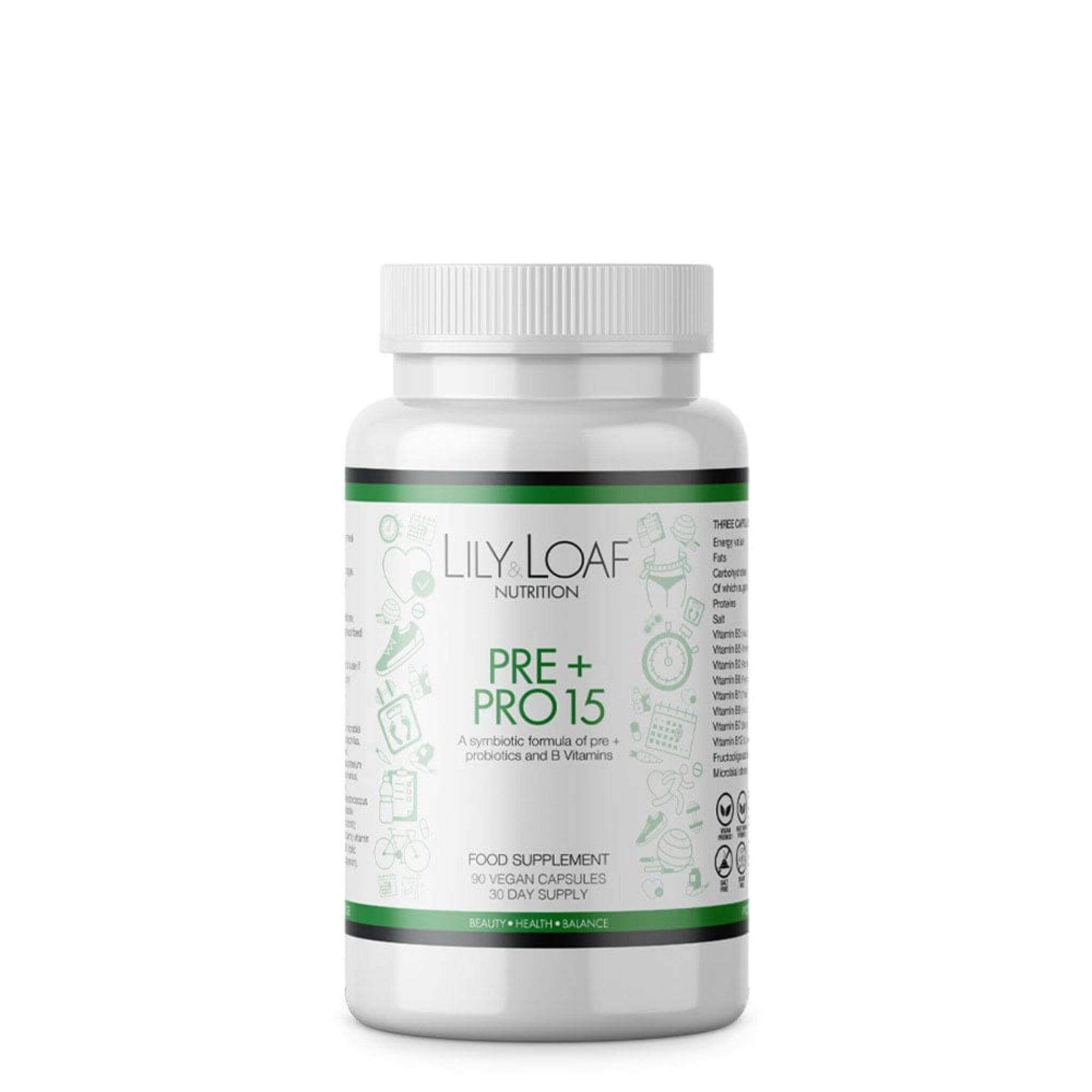
The gut is one of the largest parts of the human body and can be considered an essential organ.
It’s responsible for digestion, nutrient absorption, immune system and mental health.
A healthy digestive system can provide many benefits to your physical and mental wellbeing. It can help with weight management, improve your mood and even contribute to better sleep quality.
It synthesises hormones, enzymes and neurotransmitters, and protects us from invaders. It also plays a major role in regulating how we feel. There are many ways to improve your gut health, but what you eat is one of the most important. You should consume probiotics, fermented foods, prebiotics and fibre to keep your gut healthy and strong. This article will explore how the gut is related to mental wellbeing, what foods to eat, and how to maintain a healthy gut.
HOW IS THE GUT LINKED TO MENTAL HEALTH?
The gut makes up a large part of our immune system. It’s not just the place where food goes after it’s been chewed up, digested and broken down; it’s also the main entry point for all the things we need to feel good, calm and healthy. The gut and the brain are connected in several ways. They have a mutually beneficial relationship, where one influences the other - what happens in the brain can affect how we feel in our gut, and vice versa. Research has proven that when people experience chronic stress or trauma, it causes changes to their gut microbiota which can lead to anxiety and depression.
The gut is home to trillions of friendly bacteria which affect how we feel and behave. Therefore, there are many commonalities between digestive disorders and mental health problems such as depression or anxiety. Digestive disorders affect the human body in many ways. They can cause pain, discomfort, and other symptoms, and are often indicative of more serious health issues. These conditions can be debilitating and have a significant impact on your quality of life.

WHAT FOODS HELP IMPROVE DIGESTIVE AND MENTAL HEALTH?
As the old saying goes, you are what you eat, and there are a few changes you can make to your diet to ensure you get enough of the vital nutrients needed to support better digestive and mental health. Probiotics are natural bacteria that are beneficial to human health and can be found in many foods. They are known to help colonise the gut and improve digestive health. Some probiotic supplements also contain prebiotics, which are food ingredients that help promote the growth of probiotics.
Probiotics are live microorganisms that are thought to improve health by improving the balance of good bacteria in the intestines. They may be taken as a supplement or as part of a healthy diet. Fermented foods, like kimchi, live yoghurt, cottage cheese, kefir and sauerkraut, are all rich in natural probiotics. Research has found that probiotics can help prevent some illnesses, such as diarrhoea and urinary tract infections, and may even help improve mood and cognitive function.
There are several other nutrients that play a role in improving mental health, including vitamins B6 and B12, magnesium, omega-3 fatty acids, and chromium. The body needs Vitamin B6 to function properly, by helping to create energy and regulate the metabolism. It also protects the nervous system and helps the body to produce red blood cells and DNA. It is found in chicken, fish, eggs, fortified cereals, legumes, nuts, and seeds.
Vitamin B12 is a water-soluble vitamin found in animal-based products such as meat, poultry, fish, eggs and dairy. Like Vitamin B6, it’s vital for maintaining healthy red blood and nerve cells, and supports the synthesis of DNA. Magnesium is an essential mineral that keeps your muscles and nerves functioning properly, controls your blood sugar levels and maintains a healthy heart. It can be found in leafy green vegetables, legumes, nuts, seeds, and whole grains. Omega-3 fatty acids are important for maintaining brain and heart health, reducing inflammation and staving off chronic illness. They are found in foods like oily fish, nuts, and seeds. And Chromium is an essential trace mineral found in a variety of foods including broccoli, grapes, potatoes and green beans. You can even get it from red wine. It helps regulate blood sugar levels and reduce the risk of heart disease.

HOW TO SUPPORT YOUR DIGESTIVE HEALTH
Your digestive system has an important role in maintaining good mental health. It releases hormones that control appetite, mood and sleep patterns. It also contains nerve cells that send signals to other parts of the body and brain. So, good digestive health goes hand in hand with better mental wellbeing. There are many ways to support your gut and your mental health, including:
- Eating a healthy diet which includes lots of fresh vegetables, fruits, nuts and seeds, whole grains, fish and lean meats – check the labels and look for the nutrients we’ve listed above.
- Drinking plenty of water to stay hydrated and avoid dehydration.
- Eating probiotics to improve the delicate bacteria balance in your gut.
- Avoiding stress.
- Practicing mindfulness exercises or taking up activities such as yoga or tai chi which help improve your mood and energy levels.
WHAT ROLE DO SUPPLEMENTS PLAY?
Your diet plays an integral part in your overall wellbeing, both physically and mentally. Eating plenty of fruits and vegetables will ensure you get the right blend of natural vitamins and minerals you need to boost your digestive system and your mental health.
However, if you’re concerned about any nutritional deficiencies, natural supplements can help top up any shortfalls.
Lily & Loaf’s Enzymes+ is a full-spectrum enzyme formula that supports the digestive process. It encourages the optimal breakdown of fats, proteins, and carbohydrates and the absorption of nutritional compounds. And the antioxidant-rich Brain-Protex with Huperzine offers a variety of cognitive nootropic health benefits, including helping to boost concentration and enhance mental clarity.




